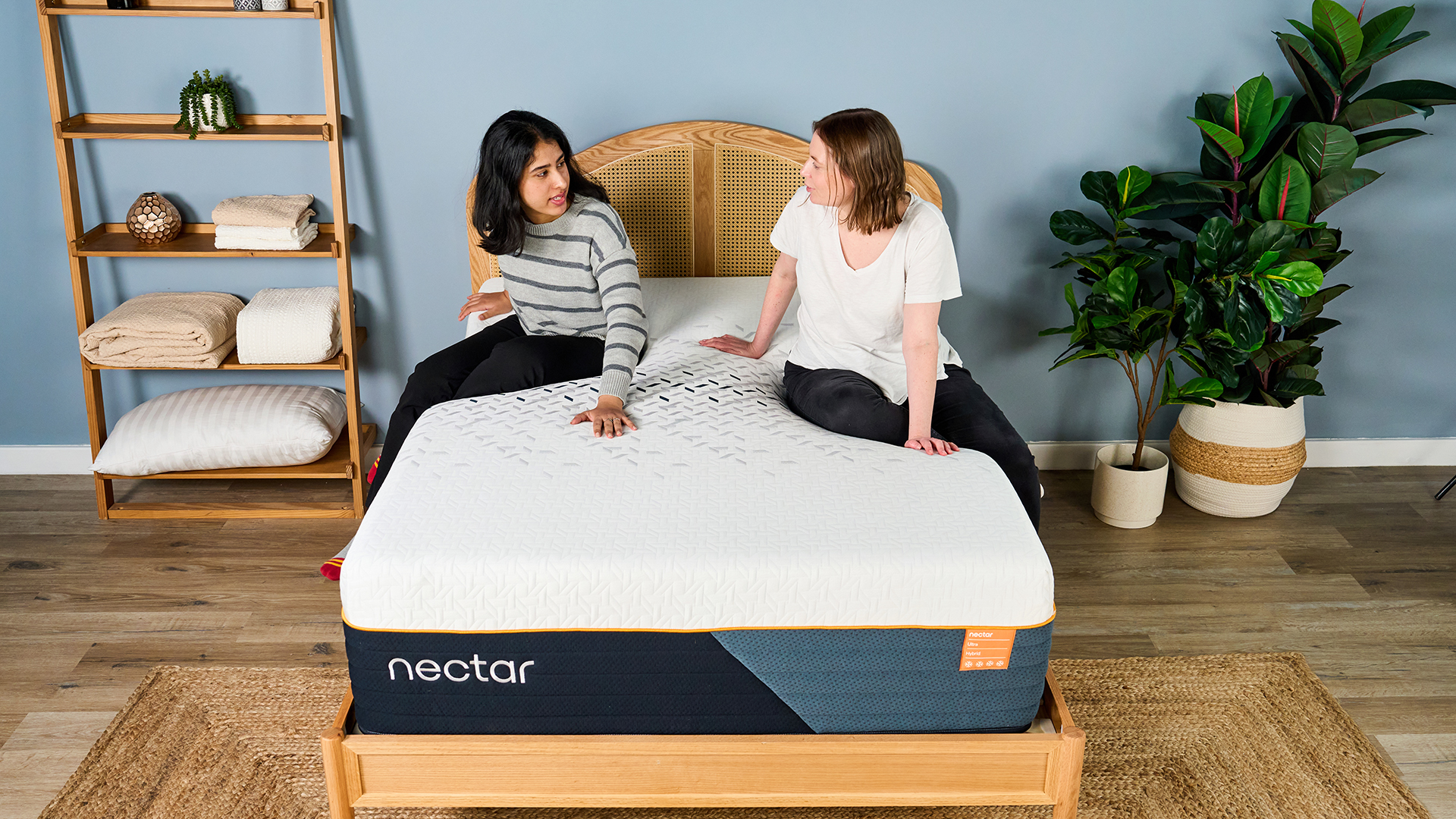Yale Secures Front Doors With Smart Locks
Yale is about to introduce three new gadgets that can help secure your home: two smart locks and a smart doorbell with a view screen.
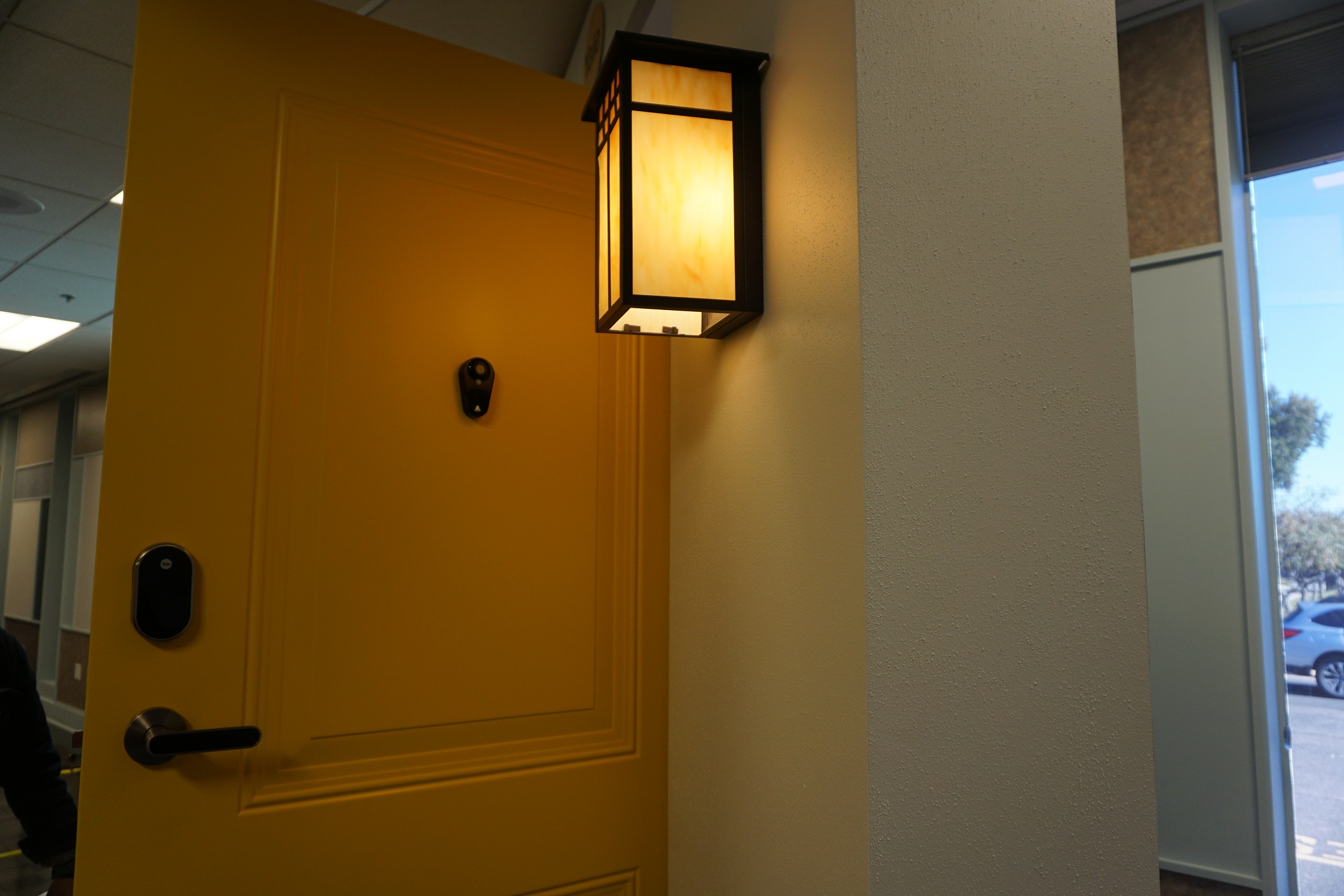
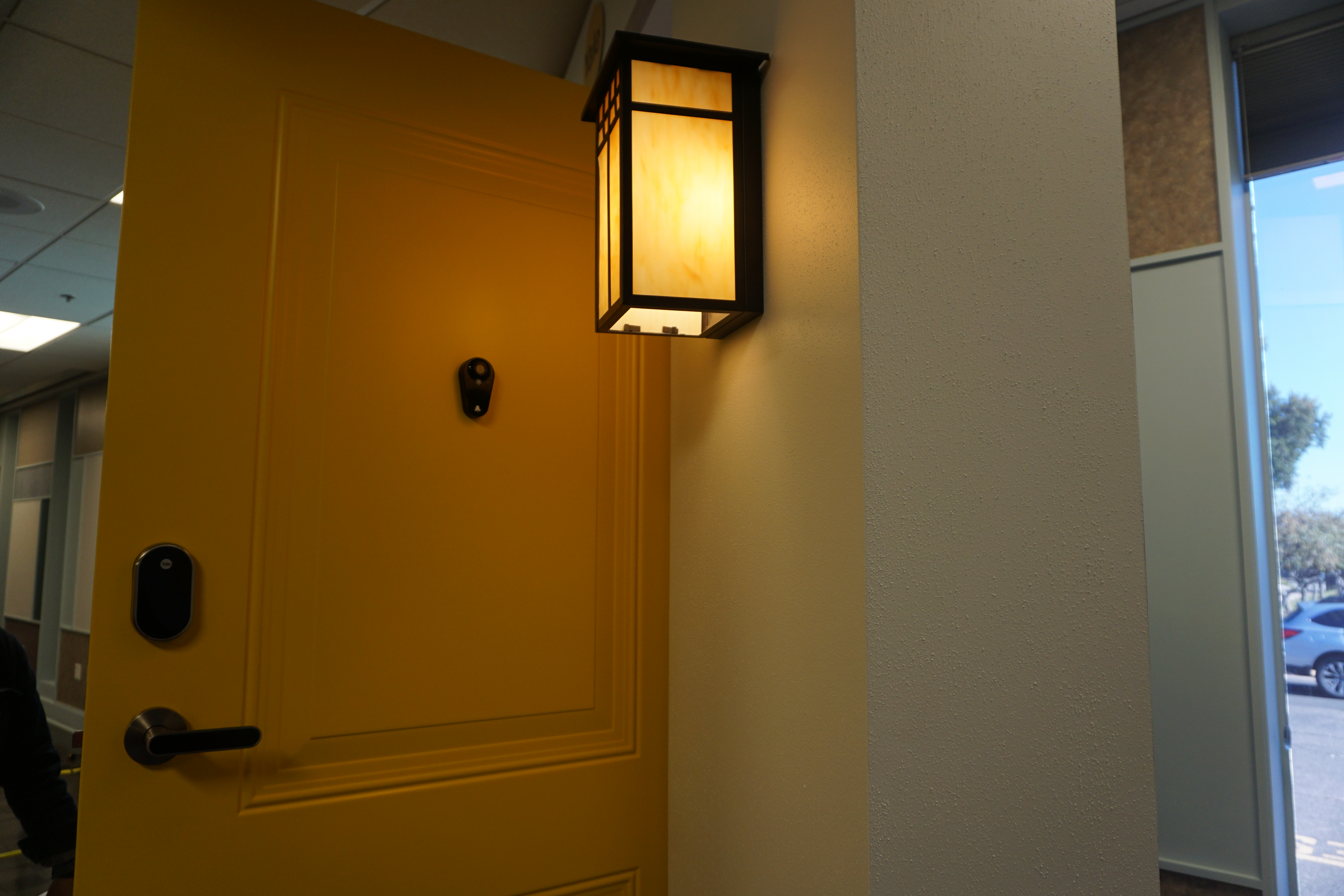
NEW HAVEN, CONN. — Yale has been making door locks for 172 years, but the company is not about to dwell on its past. Instead, it's expanding into smart home technology with three upcoming gadgets aimed at securing your home: a keypad smart lock, a Bluetooth smart lock and a view screen to let you see who's at your door from anywhere you happen to be.
I attended a press event at Yale's headquarters and toured its factory to learn about the company's roots and the rigorous testing it puts its locks through. (For those who are curious about the name, Linus Yale, who helped found the company, was indeed part of the same family as Elihu Yale, for which New Haven's famous university is named.) From there, I got to try out all three new gadgets firsthand: the Linus lock, which uses a Nest-compatible digital keypad; the Assure lock, which connects vita Bluetooth; and the Look Door Viewer, a screen for seeing just who's knocking at your door.
MORE: Best Smart Home Gadgets
The Linus lock (slated for a first quarter 2016 release with no price set yet) took most of the limelight at the event. It also seems like the simplest and most straightforward of Yale's three new devices. Yale worked in conjunction with Nest to produce the lock, and as such, it's compatible with Nest devices as well as the Nest Weave smart home protocol. That allows the Linus lock to talk to directly to any other connected devices on the Nest-based network rather than have to send data through the cloud first. To put it more practically, unlocking your door could send a signal to your thermostat to warm or cool your home to a pre-set temperature.
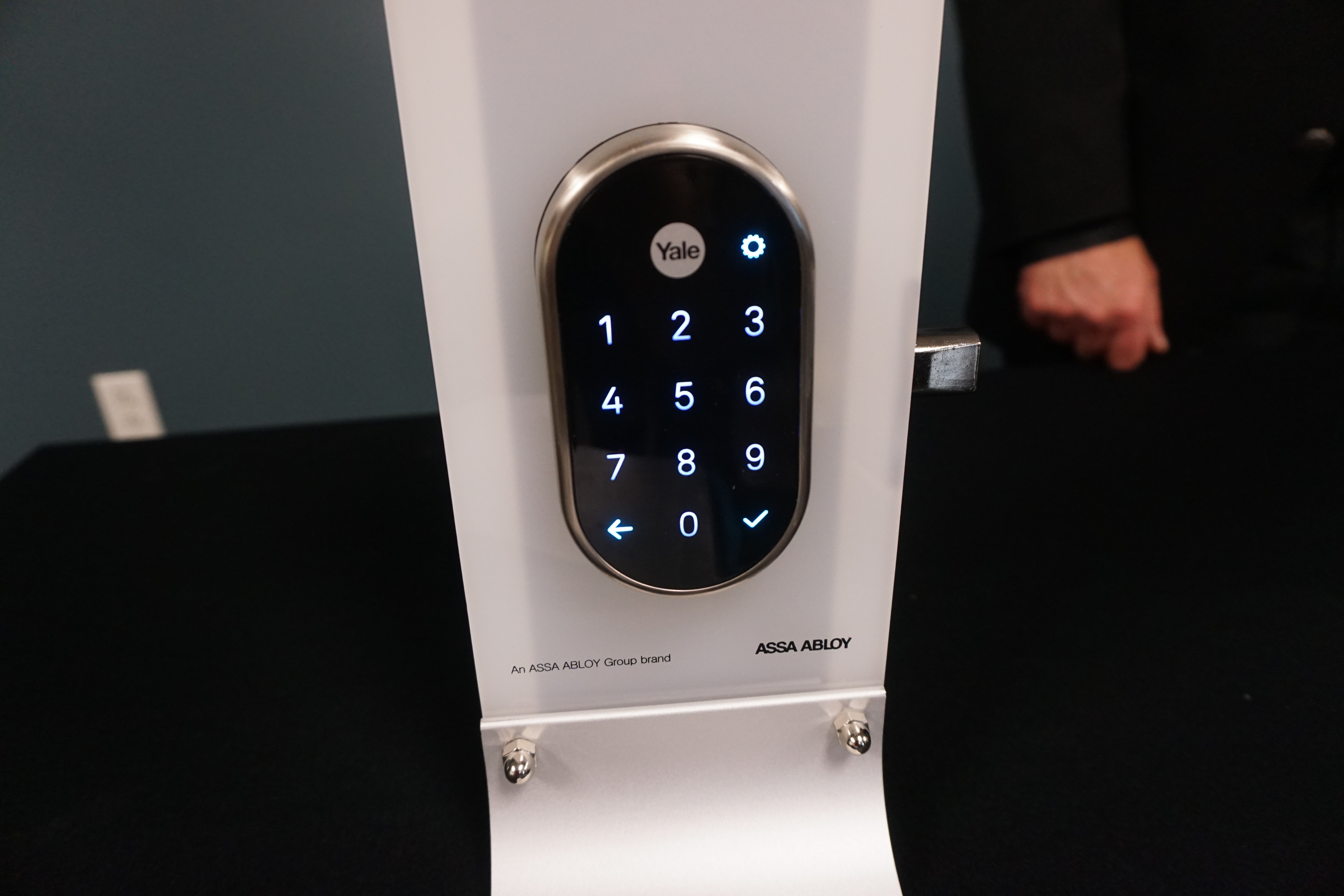
Here's how the Linus lock works: the indoor component is a standard tumbler lock, while the outside is a digital keypad that activates only when you touch the Yale haptic button at its center. Interestingly enough, the Yale lock has no mechanical key component whatsoever; if it runs out of battery life, you can reactivate it with a 9-volt battery. You can program up to 250 passcodes, each one of which can be between 4 and 8 digits, and send them to people via text or e-mail. By interfacing with an iOS or Android app, you can lock or unlock your door remotely, receive alerts when someone enters, and grant people new passcodes in real time.
Next on the agenda was the Assure lock, the more high-tech of the two gadgets, and also, in all likelihood, the pricier. It's coming out in the first quarter of 2016 for $225. Rather than using your phone just as a communication hub, the Assure taps into Bluetooth to turn your phone into a key. (Like the Linus, the Assure has no mechanical key backup and relies on a 9-volt battery if you ignore the battery warnings until the machine dies.)
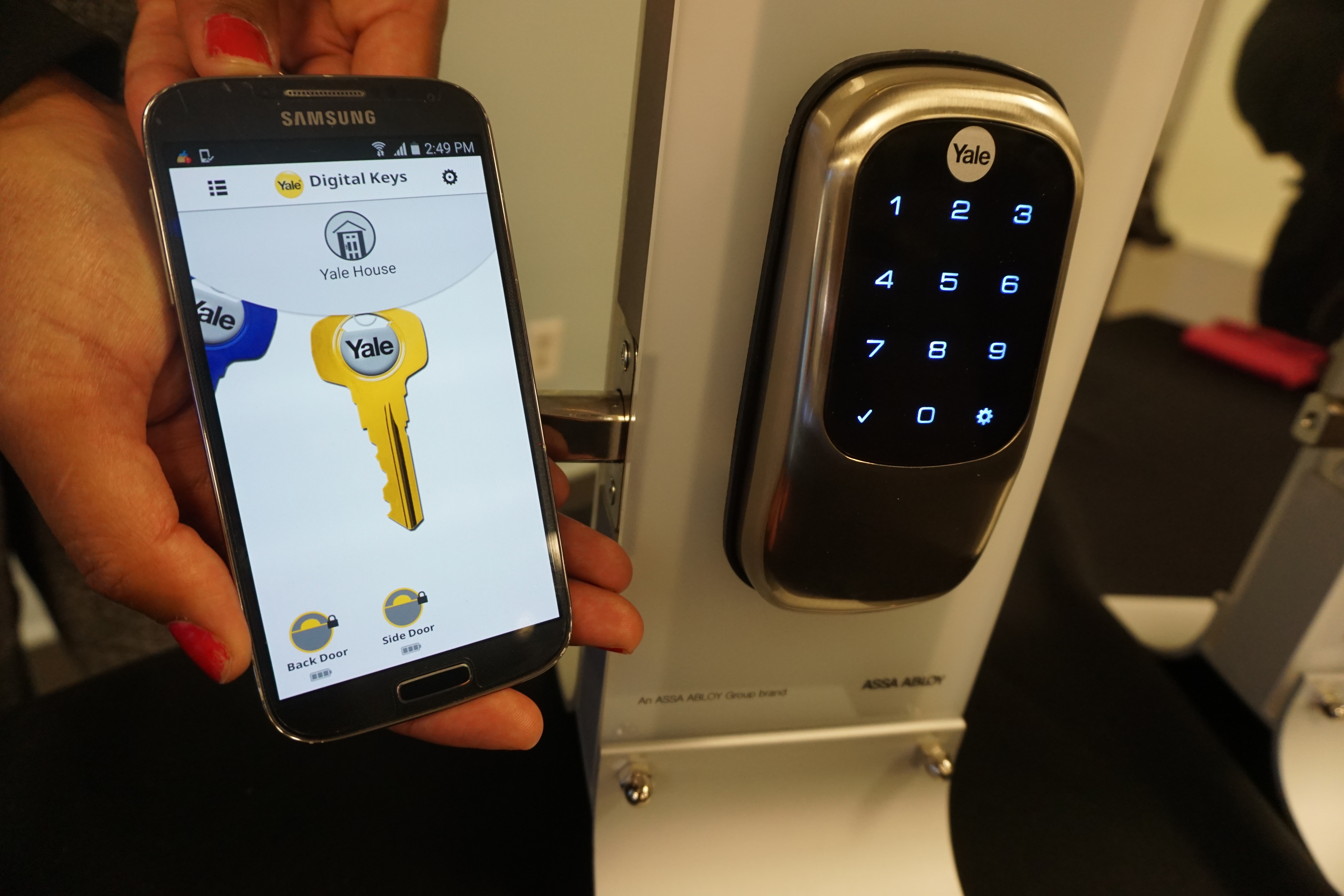
After users pair the Assure lock with a primary phone, they can send out five free Bluetooth keys, which can be customized with different colors and photos. Any keys past that will cost $2 apiece, whether they're for a weekend guest or a family member. Users can also program in up to 12 PIN codes as a backup. As with the Linus lock, users can also manipulate the Assure model via Android and iOS apps, as well as keep track of who's coming and going. Smartwatch enthusiasts have an extra advantage with the Assure: They can also unlock it using the Gear S2 rather than having to whip a phone out of their pockets.
The Look Door Viewer is one of Yale's rare foray outside of locks, as it is a smart doorbell and camera system. Many existing smart doorbells have to be synced with an existing doorbell, which can require extensive rewiring. Not so with the Look, which simply requires users to remove their door's existing peephole and slap the Look's 720p camera on the outside and its 3.7-inch HD screen inside the house. This lets anyone — even children who are not tall enough to see a peephole — look at visitors who ring the doorbell.
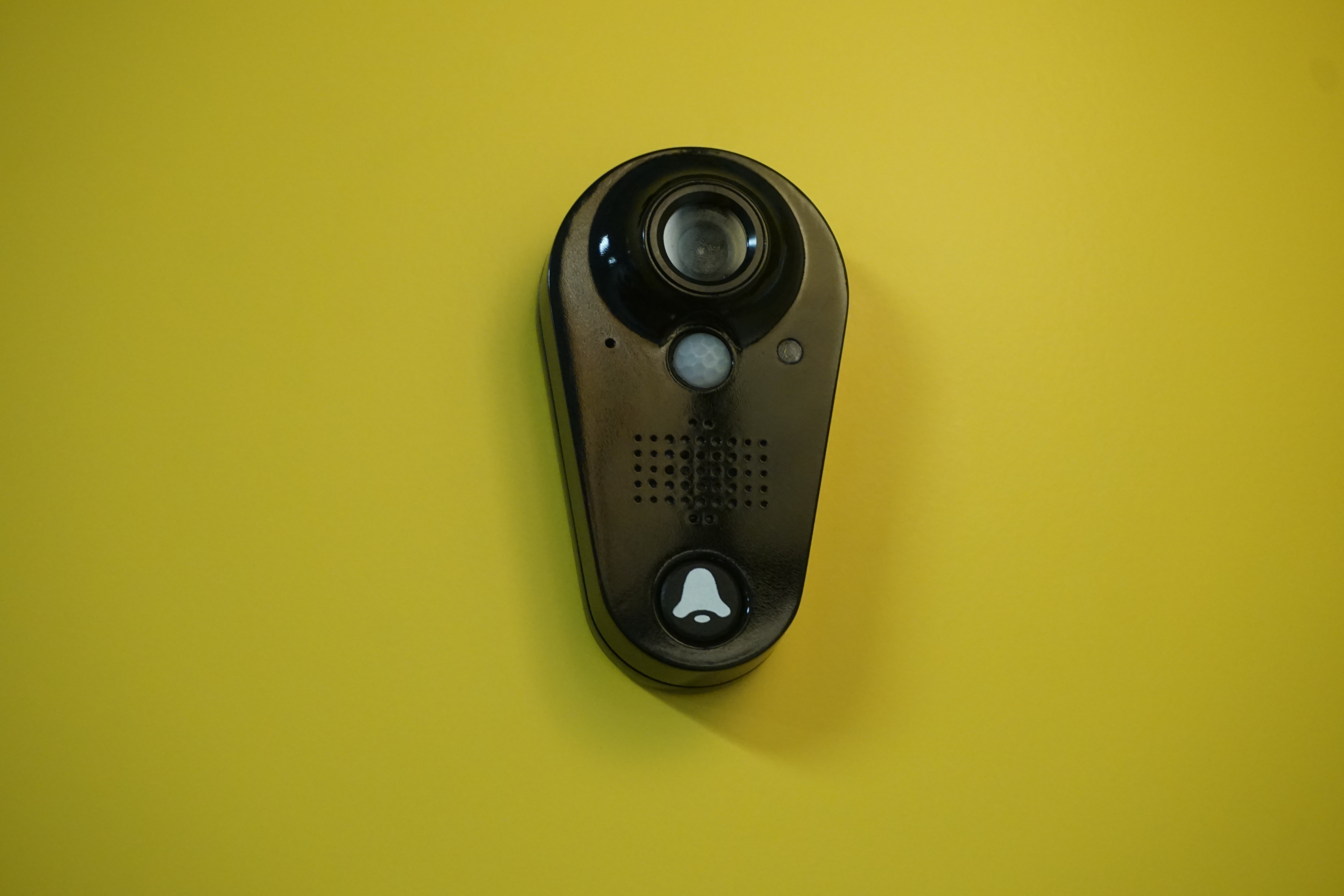
The Look syncs with a user's phone via Android and iOS apps, alerting them whenever a visitor arrives, whether the resident is sitting on the couch, at work or on vacation overseas. From there, residents can communicate with the guest via a two-way speaker. While the Look itself cannot lock or unlock a door, owners can use it in conjunction with other Yale locks to take care of that. The Look will debut in the first quarter of 2016 and cost $180.
Yale is not the first company to produce smart locks or smart doorbells, but given the company's long pedigree with locks, it's probably worth keeping an eye on its contributions to the emerging smart home scene. As to whether replacing mechanical locks with digital ones entirely is a good idea, that depends on whether you have more faith in lockpicks or computer hackers.
Sign up to get the BEST of Tom's Guide direct to your inbox.
Get instant access to breaking news, the hottest reviews, great deals and helpful tips.
Marshall Honorof is a senior editor for Tom's Guide, overseeing the site's coverage of gaming hardware and software. He comes from a science writing background, having studied paleomammalogy, biological anthropology, and the history of science and technology. After hours, you can find him practicing taekwondo or doing deep dives on classic sci-fi.

